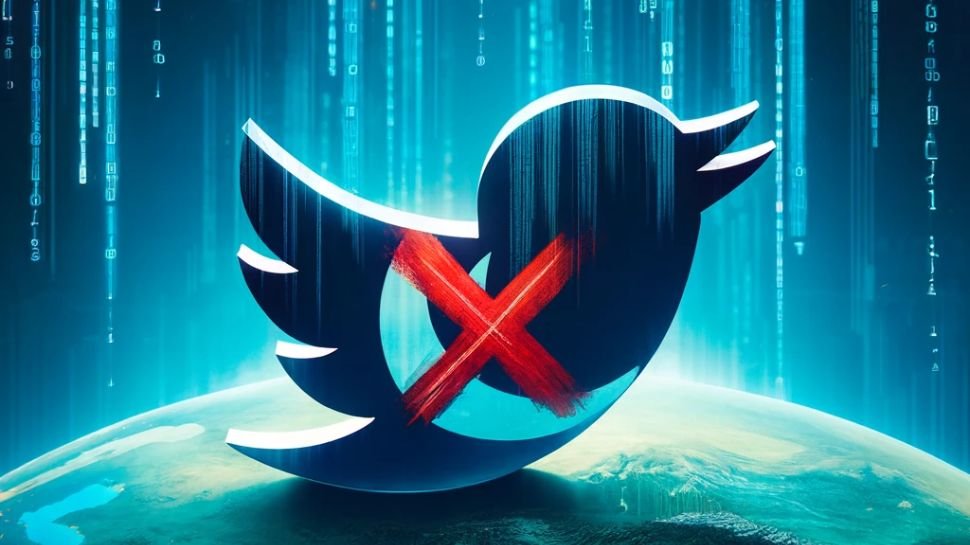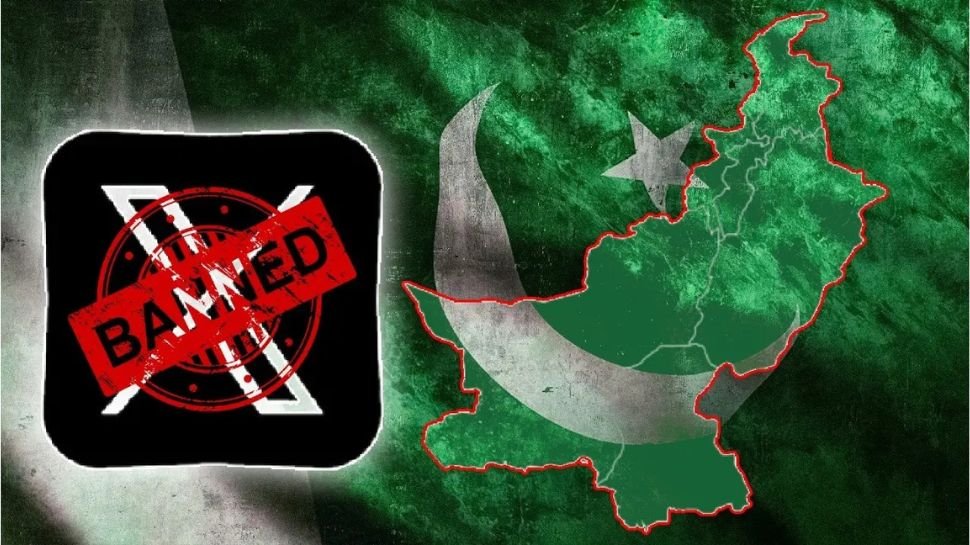Pakistan’s decision to ban Twitter, now rebranded as X, has captured both national and international attention. This article delves into the complexities behind this significant move, exploring the intertwining of legal, political, and social factors that led to the ban. The Islamabad High Court (IHC) is at the heart of this controversy, as it reviews the legal grounds of the ban based on a detailed report submitted by Pakistan’s Interior Ministry.
Background to the Twitter X Ban
Originally known as Twitter, the platform’s rebranding to Twitter X did not prevent it from facing regulatory challenges in Pakistan. The ban, implemented abruptly, was justified by the government on grounds of national security and public order, setting the stage for a legal showdown.
Allegations Leading to the Ban
The trigger for the ban was a series of allegations by a former government official accusing the platform of being used for election manipulation. These claims led to service disruptions beginning on February 17, impacting countless users and stirring a heated debate on the role of social media in governance.
Legal Proceedings
The legal battle over Twitter X’s operation in Pakistan gained momentum with a petition filed by journalist Ehtisham Abbasi, challenging the ban’s constitutionality. The case, presided over by Chief Justice Aamer Farooq, has become a pivotal legal precedent on digital rights and freedom of expression.

The Government’s Report to the IHC
In response to the court’s inquiries, the Interior Ministry presented a report outlining the rationale behind the ban. The document cited Twitter X’s persistent non-compliance with Pakistani laws as a primary reason, highlighting the platform’s reluctance to moderate content deemed harmful to the nation’s stability.
Twitter’s Alleged Non-Compliance
The report criticized Twitter X for not engaging adequately with Pakistani authorities or establishing a necessary legal presence in the country. This lack of cooperation, according to the government, left a regulatory vacuum that posed threats to national security.
Specific Complaints Against Twitter
The government expressed particular concern over Twitter X’s handling of complaints against content that it believed undermined the respectability of Pakistan’s judiciary. The platform’s failure to block accounts accused of running campaigns against prominent legal figures was a significant point of contention.
Comparisons with Other Countries
The ministry’s submission also drew parallels with other nations that have imposed temporary restrictions on social media platforms under similar circumstances. It referenced Pakistan’s previous ban and subsequent reinstatement of TikTok, which was lifted after the platform agreed to comply with local content moderation standards.
Legal and Ethical Considerations
This case raises critical questions about the balance between freedom of expression and the need for national security. The constitutional provisions cited by the government permit reasonable restrictions on speech, but the application of these provisions in the digital age is a complex legal issue.
Public and International Reaction
The ban has provoked a mixed reaction both within Pakistan and from the global community. Digital rights advocates have criticized the move as an overreach, while others argue for the necessity of regulation to maintain social order.
Future Implications
As the legal proceedings continue, the outcome of this case will likely have significant implications for the future of social media regulation in Pakistan. It could set a legal precedent for how digital platforms are treated under Pakistani law.
Role of Social Media in Modern Governance
The controversy surrounding Twitter X underscores the critical role of social media in modern political and social discourse. The balance between regulatory oversight and maintaining open channels for public expression remains a delicate challenge for governments worldwide.
Expert Opinions
Experts from legal, digital rights, and political backgrounds provide diverse perspectives on the implications of the ban. Their insights suggest a range of potential outcomes and underline the importance of thoughtful regulation in the digital era.




